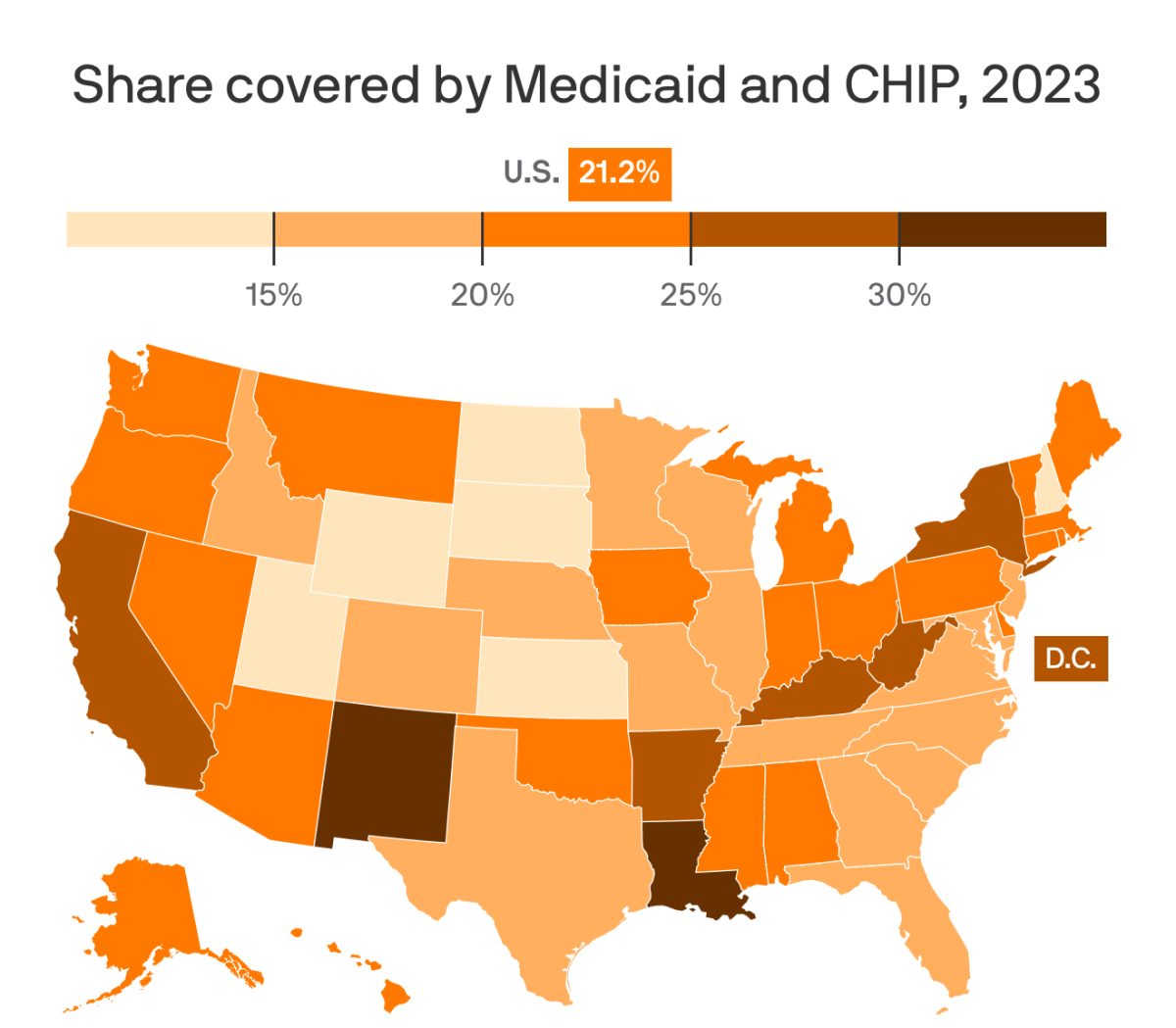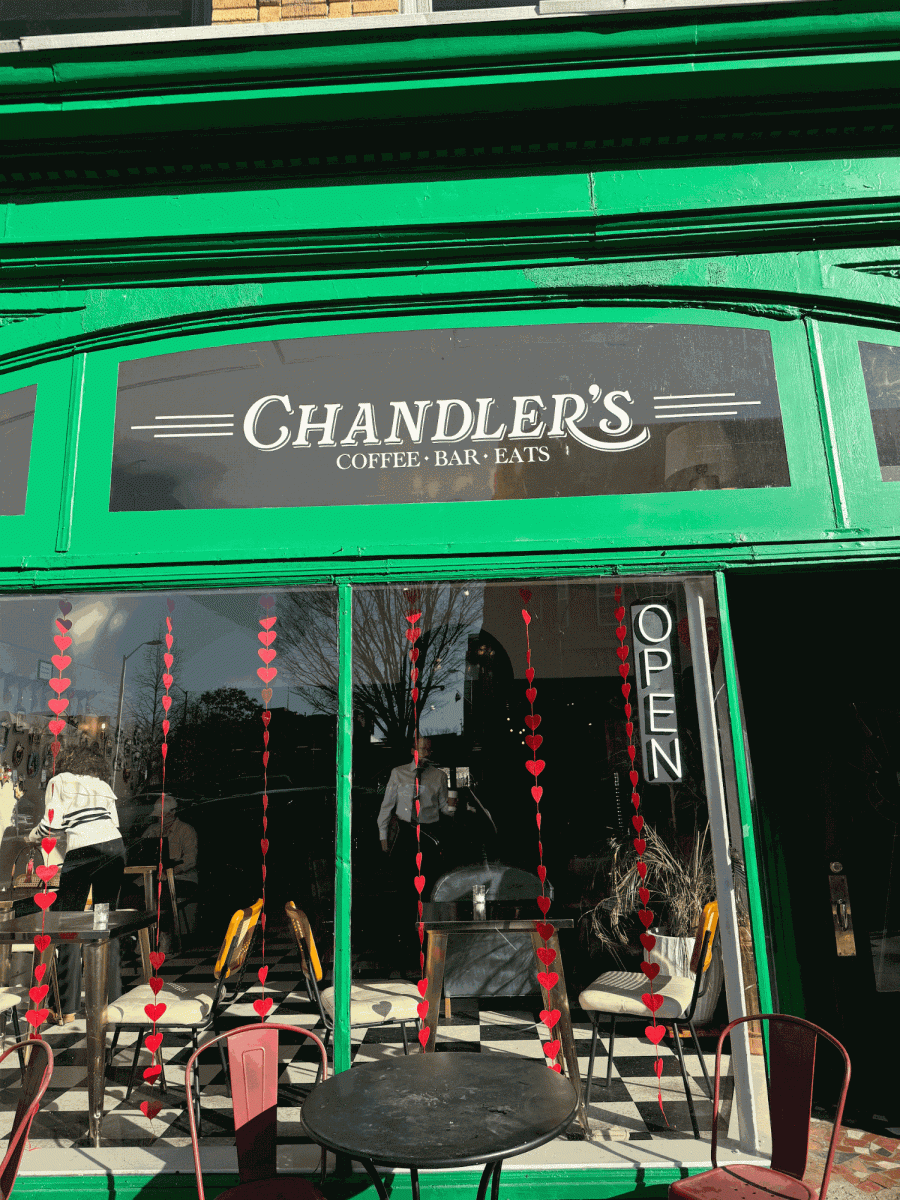Black people have been fighting against false archetypes like the “angry Black woman,” “the Jezebel,” “Uncle Tom” and “Black criminal,” among others.
Stereotypes about any group of people, community, or belief system are wrong because these rigid and oversimplified ideas often reinforce unfavorable thoughts or depictions held about members of these groups.
Some stereotypes or prejudices held against Black people today have existed since the Civil War era.
On top of all the hateful prejudices African Americans are up against in this country, we now have to prove reality TV wrong, for their inaccurate portrayal of Black people, among other communities.
Not every reality show is created with harmful stereotypes in mind, but when an episode is centered around a certain narrative or cast members are repeatedly behaving inappropriately with their Black/BIPOC counterparts, warning bells begin to sound.
Reality television became rapidly popular in the 1990s-2000s because audiences could more easily relate to people and occurrences that were similar to what they experienced in their everyday lives.
Shows such as “Candid Camera,” “Real People” and “The Real World,” were some of the first reality TV series to be widely consumed by the general public.
Reality television has always pushed boundaries when it comes to privacy, families, drama and more, but the type of content showcased in successful series today is certainly the marker of a bold, new era in Hollywood.
Senior human nutrition student, Heaven Wiley, is an avid reality TV watcher.
“I love older reality TV and my favorite reality TV shows to rewatch are Jersey Shore and Love & HipHop,” she shared. “I think reality TV is subjective, so for some the stereotypes depicted can be seen as a negative portrayal of certain groups but for others they may view it as entertainment within the show,” Wiley said.
Wiley continued to say that as long as a TV program is not offending an entire community or minority group, it should be allowed to air, as an aspect of reality television.
But with the rise of shows such as “Baddies West,” and even the “Real Housewives” franchise, viewers are beginning to wonder whether these programs are contributing to the negative view of women of color in society.
Emery Whipple, a freshman public relations student, sees the “Real Housewives” franchise as a form of media that has negatively shown Black women.
“It’s very stereotypical, and creates a narrative that women of color don’t get along, and have no sense of unity,” she said.
Oftentimes, the portrayal of African American women in reality shows does nothing to uplift them or the Black community as a whole.
Seeing Black women be constantly chosen last, get spoken over, or yell and scream at each other over wine and cheese every Sunday can be exhausting.
What makes producers think it’s okay to represent the Black community in this way? The year is 2024, and these sensationalized ideas of Black women have to go.
“Stop basing the script off of stereotypes, and do the research,” Whipple states. “There are ways that all people, and communities can be presented- that don’t degrade the group or culture. Also, allow these groups to write, direct, and produce these shows. That way it’s more accurately written, and the group is positively represented.”
Another common complaint seen within the past few years is that reality TV stars and celebrities are glorifying toxic relationships.
In 2008-2009, the general public watched as Rihanna and Chris Brown’s whirlwind love story turned violent. It was reported that Brown assaulted Rihanna before the Grammys.
Today, young adults are watching the drama of Chrisean “Rock” Malone and Johnathan “Blueface” Porter’s relationship unfold.
Chrisean Rock rose to fame for her work as a rapper, and her role on Zeus Network’s “Baddies” series with Natalie Nunn. Blueface is a rapper known for his viral song “Thotiana,” and he is the father of a child with Rock.
The son Rock and Blueface have together is not Blueface’s first child, and he has repeatedly denied being the father.
Any type of abuse or violence happening in a relationship is unacceptable and should be reported, not glamorized across the country.
While there are a multitude of modern television programs that strive to cast diversely every season, there are several more mainstream dating shows such as ‘The Bachelor’, ‘The Bachelorette,’ and ‘Love Island’ that continuously leave people of color (POC) out to dry.
Colorism also runs rampant within this genre of television. Colorism or shadeism is defined as discrimination based on someone’s skin tone. Most often, this is seen when lighter skin tones are preferred over darker skin tones.
Frequently on dating shows, a lighter-skinned Black woman will be chosen before, if ever, the darker-skinned Black woman is picked.
In 2021, colorism reached a level that was unacceptable within ‘The Bachelor franchise, and 36 contestants at the time shared a joint statement speaking against “any defense of racism.”
The franchise, to the shock of many viewers, fired Chris Harrison as spokesperson and host of the show, and replaced him with Jesse Palmer; after these events unfolded.
Unless all of us come together to call out the falsehoods we see in popular media, nothing will ever change, and the Black community, Black women, and other minority groups will continue to have their characters assassinated on television daily.







